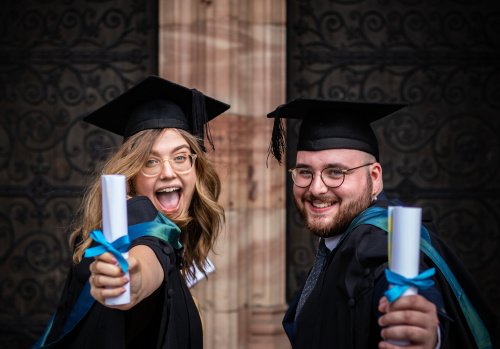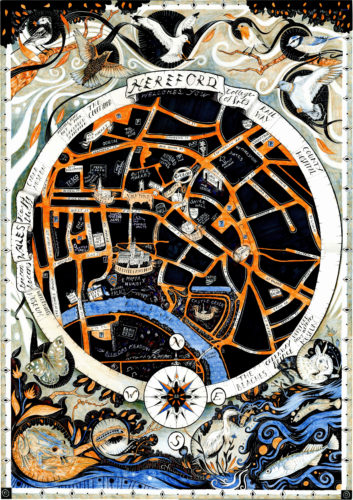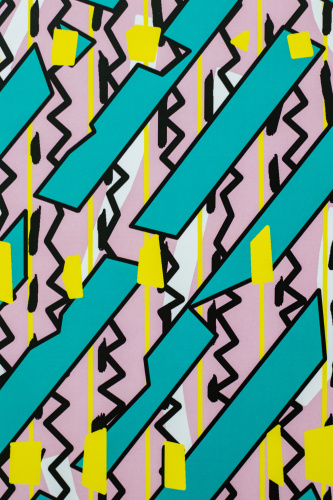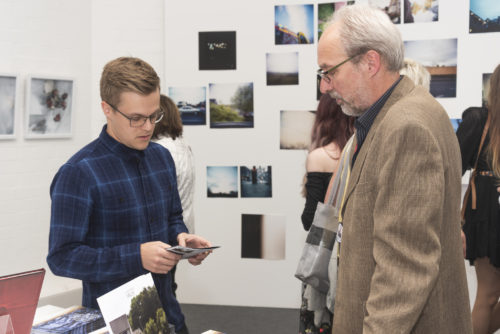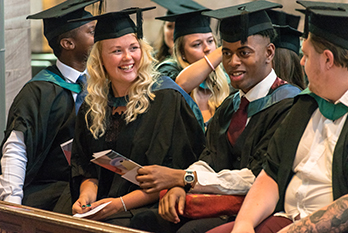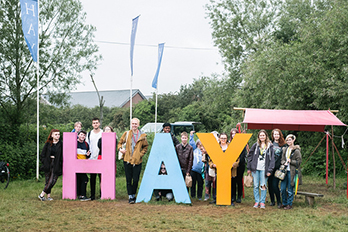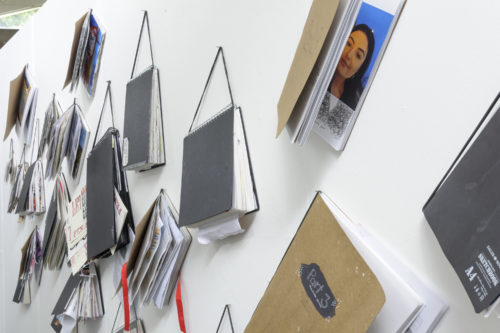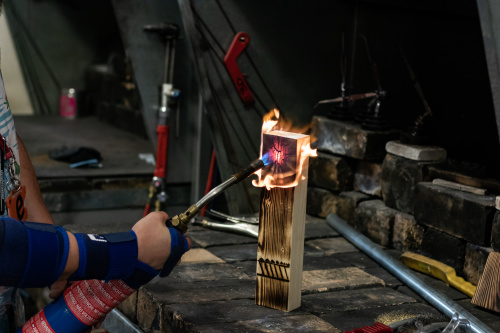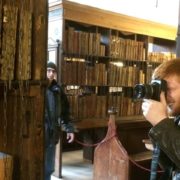Moving towards meta: ’employability’, scholarship and the learner journey
Published on 25.09.16
3 minute read Should we move away from badging core, key or ‘soft’ skills as ‘employability’ skills or think of them instead as a move towards meta-awareness? This was a recurring question as I listened to guest speakers and ‘home-grown’ researchers at our annual HE symposium today. Writing about meta-awareness might seem as if I’m
Categories
3 minute read
Should we move away from badging core, key or ‘soft’ skills as ‘employability’ skills or think of them instead as a move towards meta-awareness? This was a recurring question as I listened to guest speakers and ‘home-grown’ researchers at our annual HE symposium today.
Writing about meta-awareness might seem as if I’m simply fancy with vocabulary. However, what I mean is the need to empower our learners by supporting them to be aware of the skills they practice during their personal learning journeys. We can do this by making skills learned within an arts-based education explicit as well as embedded. During our annual HCA HE Symposium (a well-loved event in the college calendar) we discussed this with visiting speakers and colleagues, and it is also an ongoing theme at HCA Curriculum Development meetings.
Celia-Rose Jackson in her keynote shared her model of immersive learning (students undertaking ‘live’ briefs in the second week of the course) with us. Celia’s students are lucky to have her as their tutor. Her passion and dynamism, coupled with personal warmth and the ability to create opportunities for her groups means she is a powerful positive force – indeed a holistic scholar. Furthermore she ‘shows’ her students how to work across the digital and physical domains, leading by example and supporting her students beyond the closed environs of the physical classroom space.

Likewise the second keynote, where Derek Yates presented some exciting ideas for the dissemination of scholarly practice using the potentials of the digital space – and a risograph machine. You can see some of his students’ amazing work below:

Another high point was hearing Fenella Lloyd present work on Neurodiverse learners that she shared earlier this year with delegates at the AoC HE Research Conference. Her work here and her ongoing commitment to inclusion and best practice supports her message that we must celebrate and be curious about neurodiversity. Her reading strategy breaks down and makes explicit the reading process, helping all kinds of learners in understanding not only how to engage with academic texts but that such engagement is part of a process which can be adapted and modified.

It’s a shame that Aine Venables couldn’t present her work on ‘Empathy for Learning,’ but the very fact that the conference organiser had a rich, varied choice of staff research projects which could have been presented is something to be celebrated as part of The Scholarship Project. Plus, in her stead, we had the pleasure of listening to Claire Anderson’s presentation, which narrated the journey of her textile work and showed us how effective collaboration, even across continents, can be, and the amazing visual work that results from participative arts projects.

And so to scholarship, which although not explicitly mentioned, was inherent and embedded within the conference both as an aspect of ‘Employability’ and demonstrated through the presentations of our key speakers. Perhaps as part of moving beyond the meta, we need to more explicitly ‘badge’ our scholarly activities as such and support our awareness of the different types of scholarship embedded in our creative and pedagogical practices?
